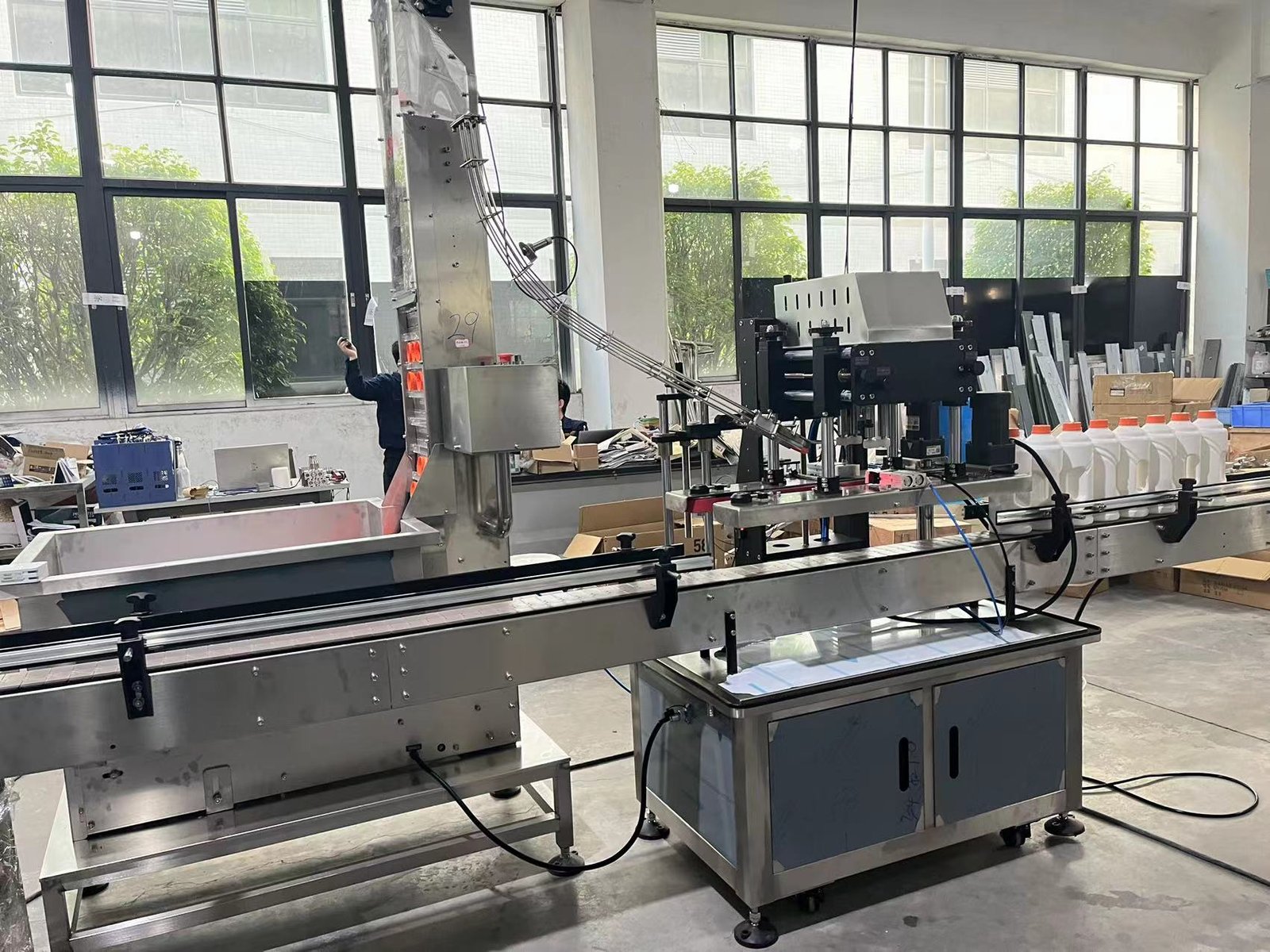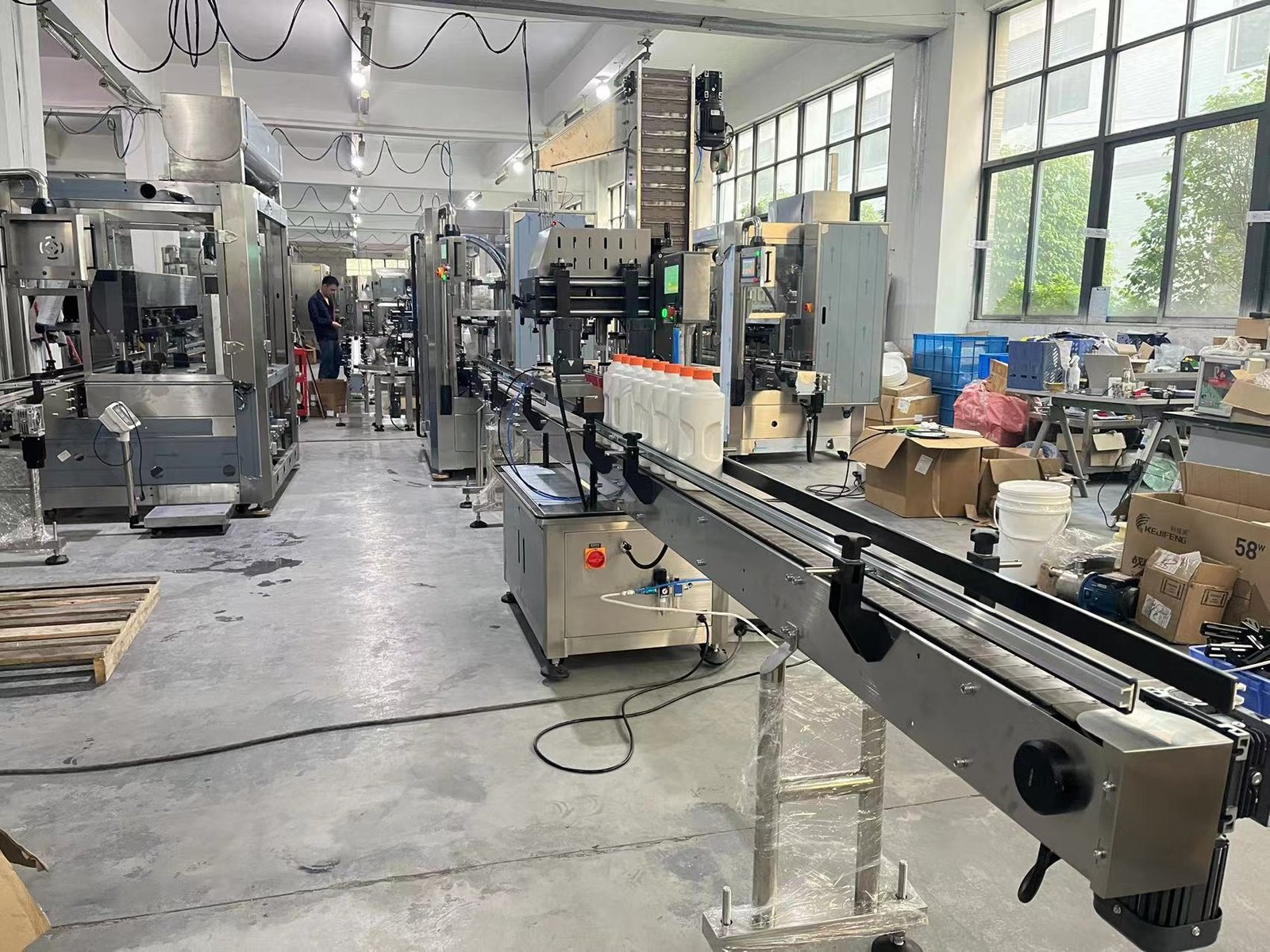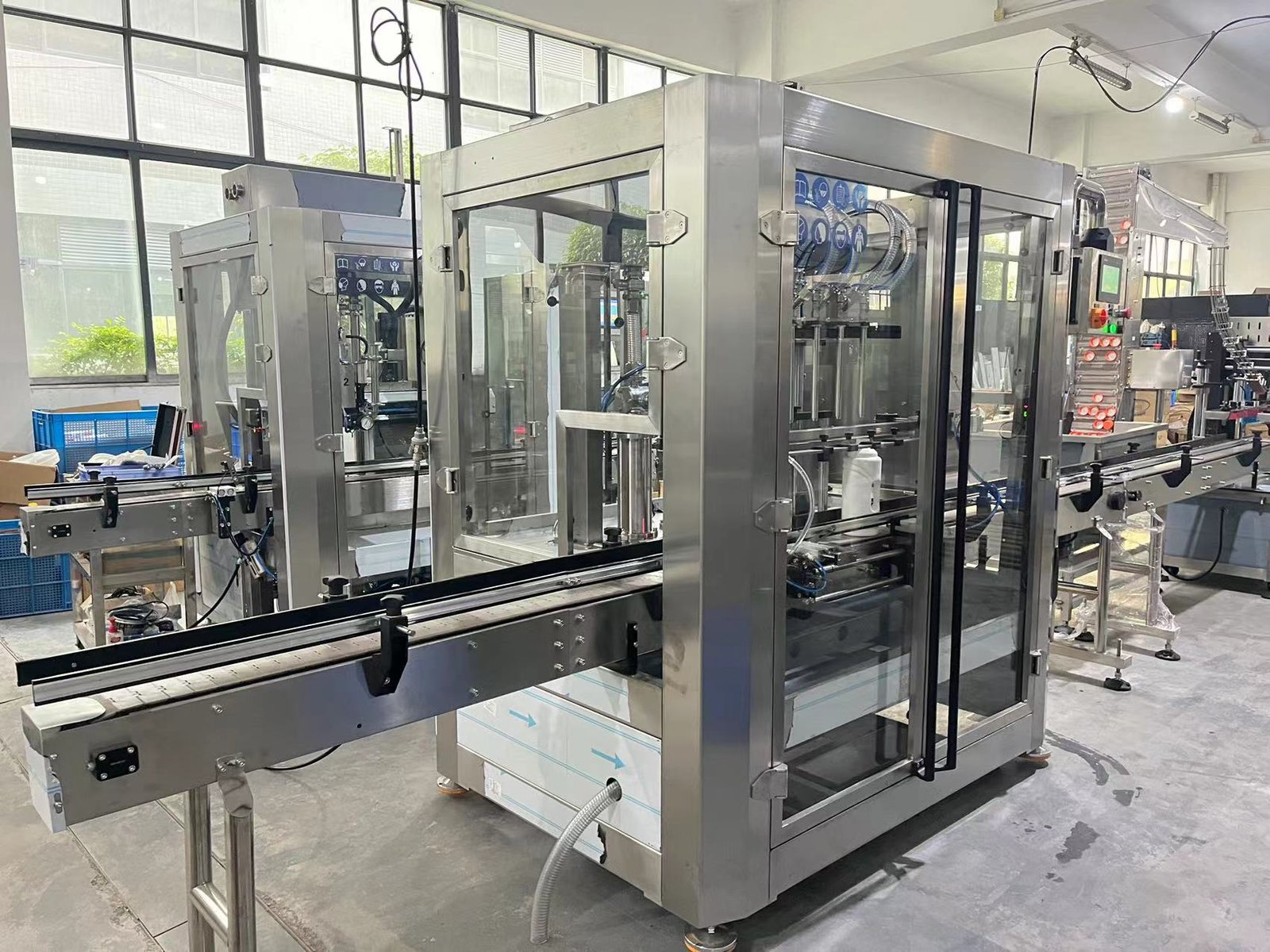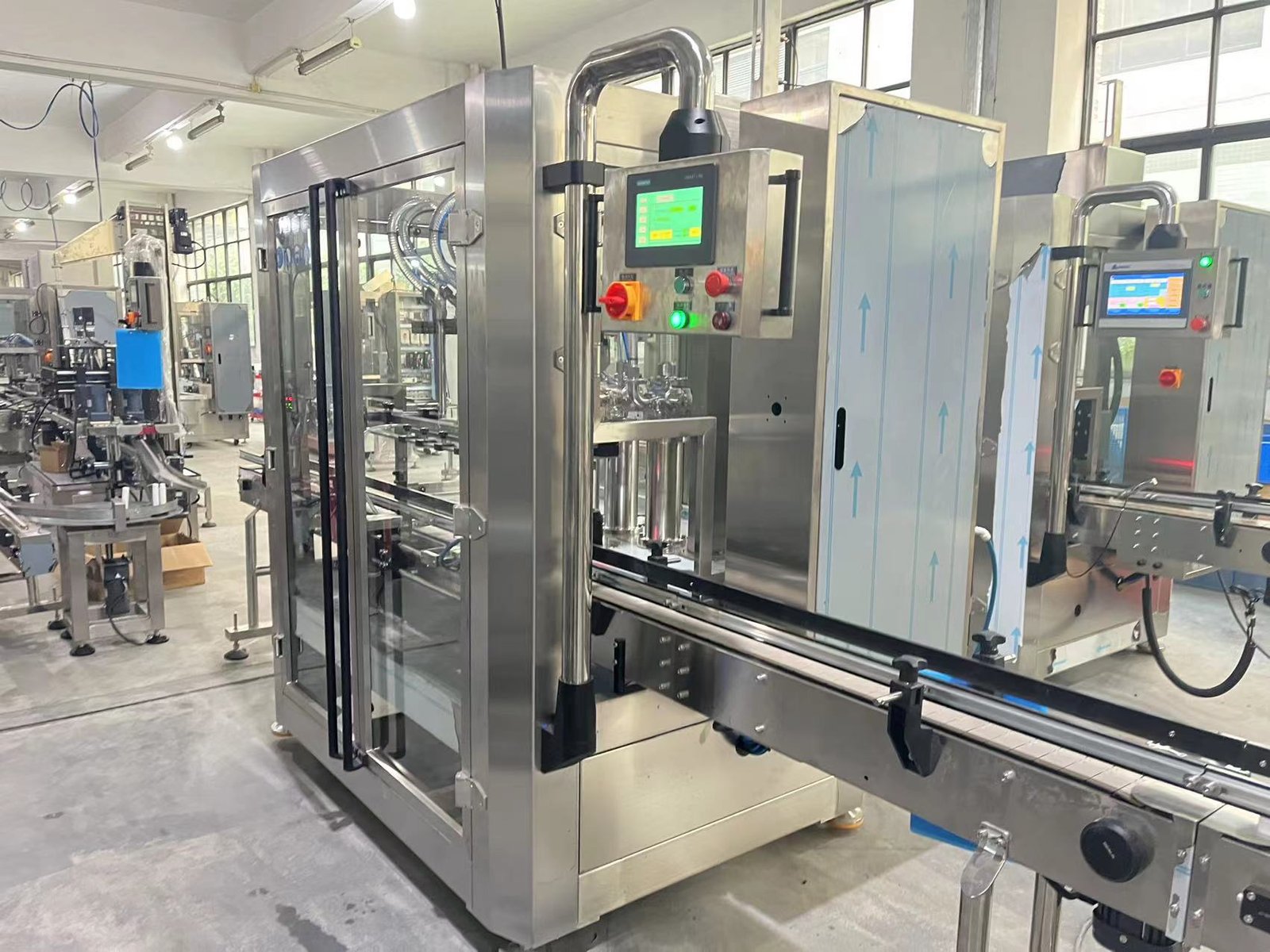Understanding the Sauce Filling Machine and Its Role in Production
In food production, sauce filling machines play a crucial role. These machines ensure that sauces are packed efficiently and accurately. Whether it’s ketchup, hot sauce, or salad dressing, a sauce filling machine is essential for maintaining quality and speed in the production line.
What Is a Sauce Filling Machine?
A sauce filling machine is designed specifically to dispense various types of sauces into containers. These machines come in different configurations, including semi-automatic and fully automatic models. The right choice depends on the production scale and specific requirements of the business.
Benefits of Sauce Filling Machine in Food Production
Precision: Sauce filling machines provide accurate filling, reducing waste and ensuring each bottle or jar contains the correct amount. This precision is essential for maintaining product consistency when using a sauce filling machine.
Speed: In a competitive market, speed is crucial. Sauce filling machines can fill hundreds of containers per hour, helping manufacturers meet growing demand.
Versatility: Many sauce filling machines can handle a wide range of sauces, from thick and viscous types to thinner liquids. This flexibility supports businesses that produce multiple products.
Sanitation: Modern sauce filling machines prioritize food safety. Most are designed with stainless steel construction and can be disassembled quickly for thorough cleaning and sanitation.
The Role of Capping Machines
Once the sauce is filled, the next step is sealing. A capping machine securely seals containers to prevent leaks and contamination. Proper sealing is essential for preserving freshness and extending shelf life.
Benefits of Capping Machines for Sauce Filling Machine Systems
Consistency: Capping machines ensure every container is sealed tightly. This helps maintain product quality and reduces spoilage.
Speed: Capping machines operate quickly, often sealing thousands of containers per hour. This high speed keeps production lines running efficiently.
Customization: Many capping machines support various cap types, including screw caps, snap caps, and flip-tops. This versatility makes it easy for manufacturers to switch between products with minimal adjustments.
The Importance of Labeling Machines in Sauce Filling Machine Packaging
After A sauce filling machine and capping, labeling is the final step before products are ready for distribution. A labeling machine applies labels to each container, providing essential information such as ingredients, nutritional facts, and expiration dates in accordance with food labeling regulations.
Advantages of Labeling Machines
Efficiency: Labeling machines streamline the packaging process. They can apply labels at high speeds, ensuring that products are ready for shipment without delays.
Accuracy: Automated labeling machines minimize errors, ensuring labels are placed correctly. This accuracy is vital for meeting food safety regulations.
Branding: Labels provide an opportunity for branding. A well-designed label can attract customers and communicate essential brand messages. Labeling machines help maintain a professional appearance.
Integrating Sauce Filling Machine into the Production Line
For optimal efficiency, many manufacturers integrate sauce filling machines, capping machines, and labeling machines into a cohesive production line. This integration allows for a smooth, uninterrupted flow between each stage of the process.
Benefits of an Integrated Sauce Filling Machine System
Streamlined Operations: An integrated system reduces manual handling, minimizing the risk of errors and delays.
Increased Productivity: By automating each step, businesses can significantly increase output and meet market demands more efficiently.
Cost-Effectiveness: Although the initial investment may be higher, automated systems often lead to long-term savings. Reduced labor costs and minimized waste contribute to overall profitability.
In the world of food production, a sauce filling machine, along with capping and labeling machines, is essential for creating high-quality products. Each machine plays a specific role in ensuring efficiency, accuracy, and safety.
For businesses aiming to optimize their sauce production process, investing in these machines is crucial for maintaining a competitive edge. Whether you’re a small manufacturer or a large-scale producer, the right machinery can greatly impact your production line’s success.





